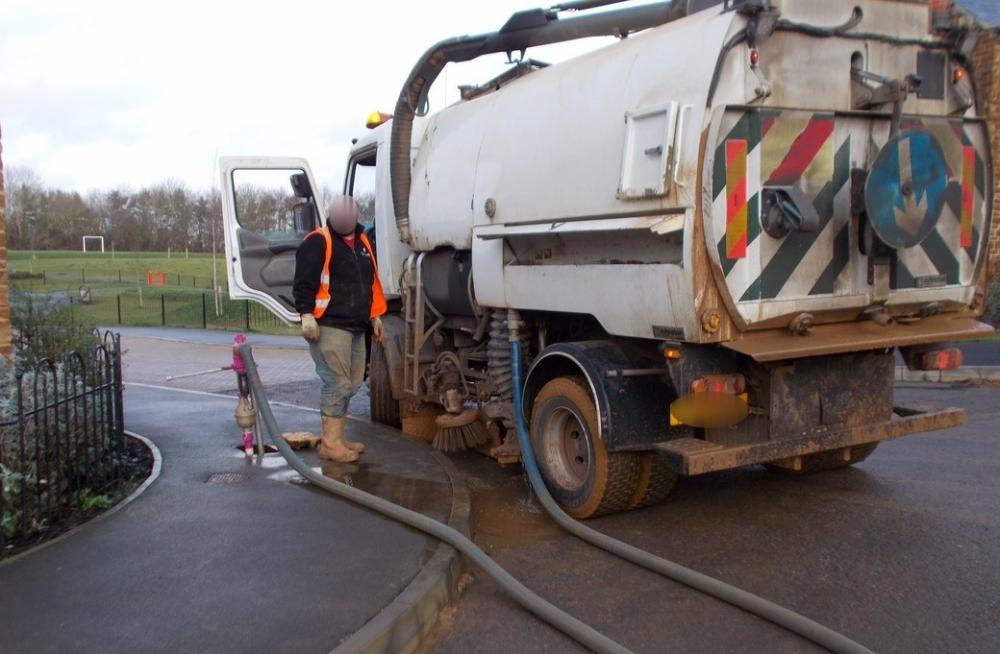Thames Water has recovered more than £450,000 in the last three years from water thieves.
The money came from contractors, landowners and other third parties who illegally took water from hydrants.
With climate change and population growth putting a strain on water resources, the UK’s largest water company has clamped down on those using water but not paying for it.
More than 200 separate offences were uncovered, with the perpetrators either asked to pay a retrospective charge or prosecuted in court. All of the money is reinvested by the firm into its services.
According to the firm, companies and individuals who use unauthorised standpipes to illegally tap water from the network have accounted for as much as 4m litres of water lost from the network since 2017, with everything stolen classed as leakage.
Claire Rumens, Thames Water’s illegal connections manager, said: “We work hard around the clock to cut leakage and ask our customers to use water wisely, so it is not fair for others to take water without paying.
“Our work to find and stop illegal connections has ramped up in recent years, helping us to uncover hundreds of offences and save millions of litres of water, but there is still more to do.
“We will always look to work with individuals and companies before going to court but if lessons are not learned then we have no hesitation about taking further action.”
Since 2017, there have been 23 prosecutions and more than 250 retrospective charges for unauthorised use. Those found guilty can be charged thousands of pounds in fines and legal fees.
Anyone found using a standpipe without permission is given the opportunity to pay a charge. Those who fail to pay, along with repeat offenders, will be prosecuted.
Network abuse can be reported by emailing [email protected] or calling customer service on 0800 980 8800.
More information about obtaining Thames Water standpipes can be found at www.developers.thameswater.co.uk/domestic-and-small-commercial/water-supply/standpipes










Your Comments
Be the first to comment on this article
Login or Register to post a comment on this article